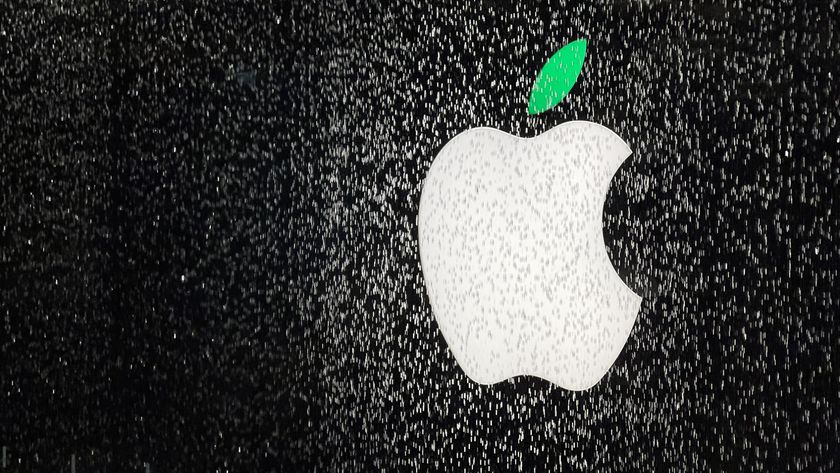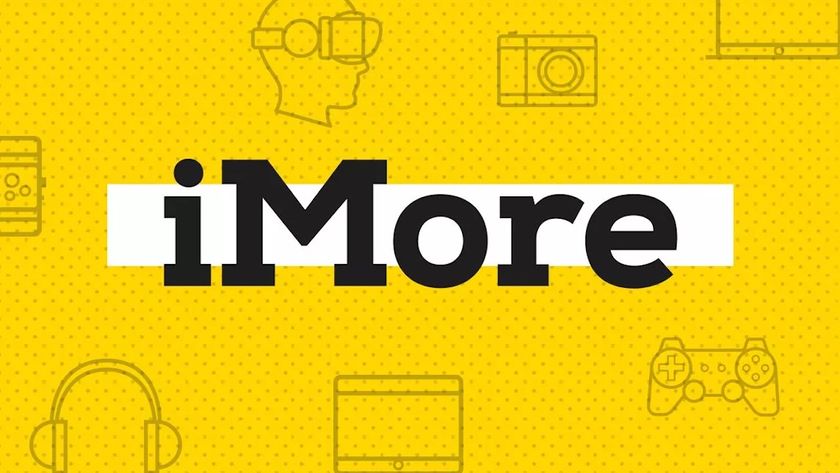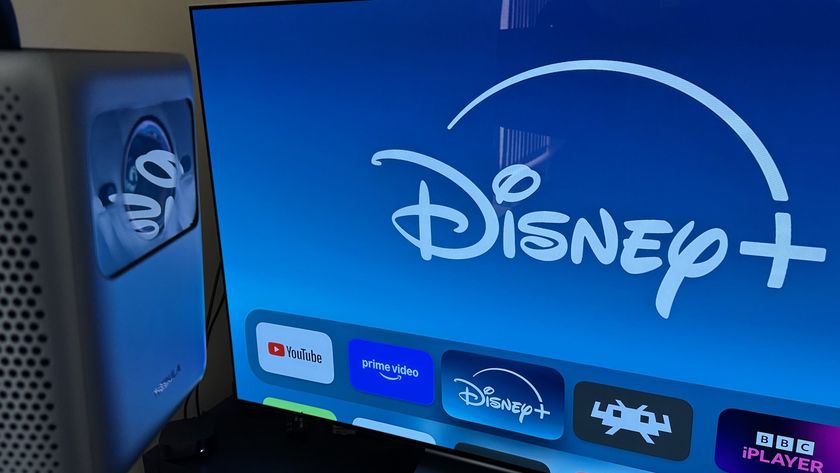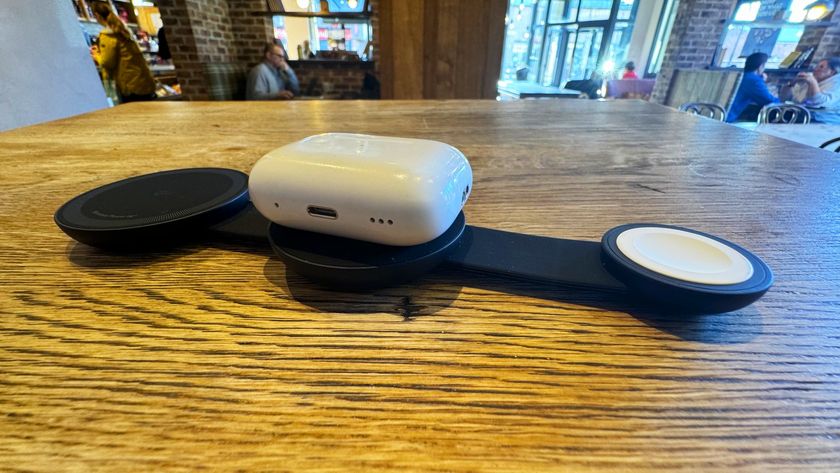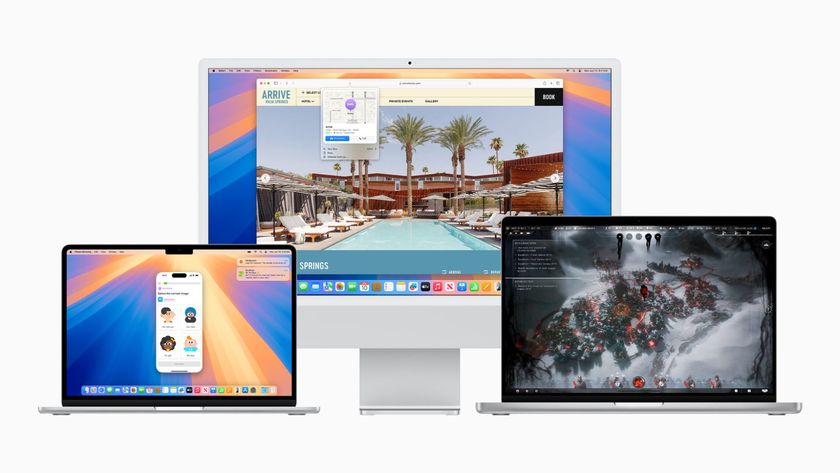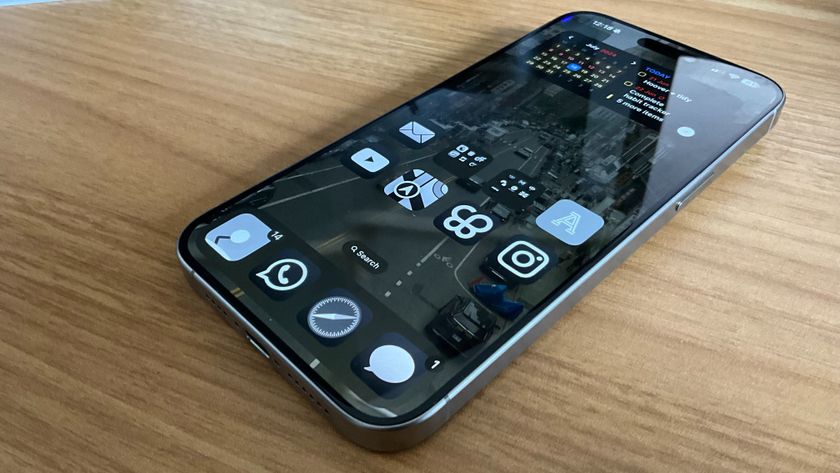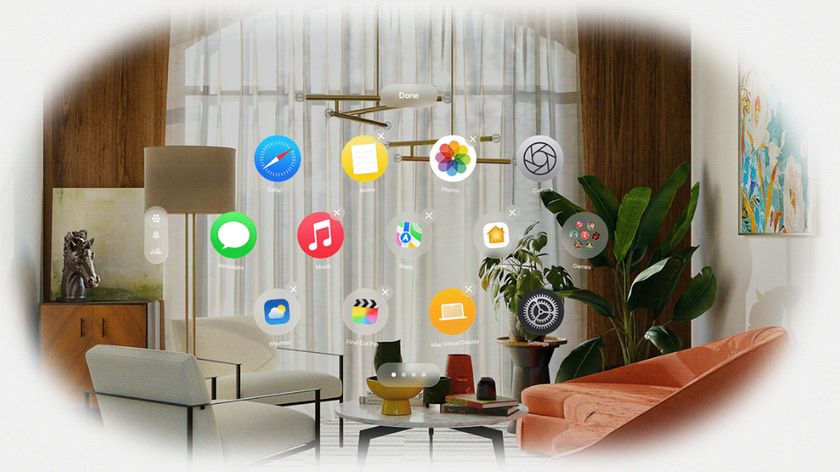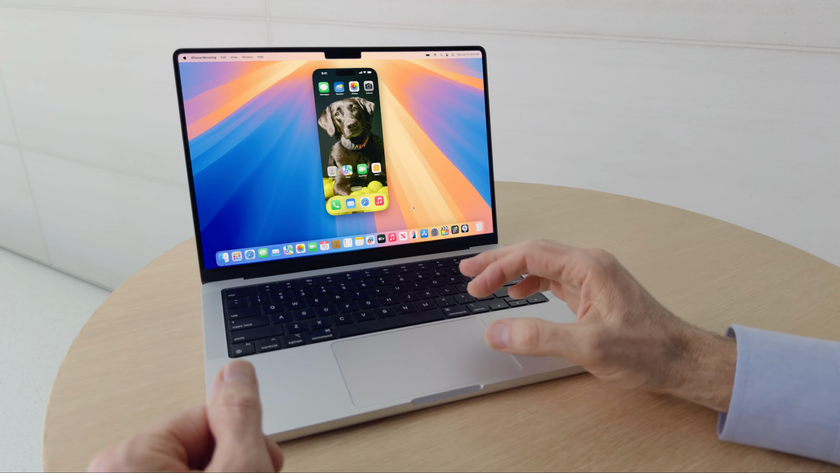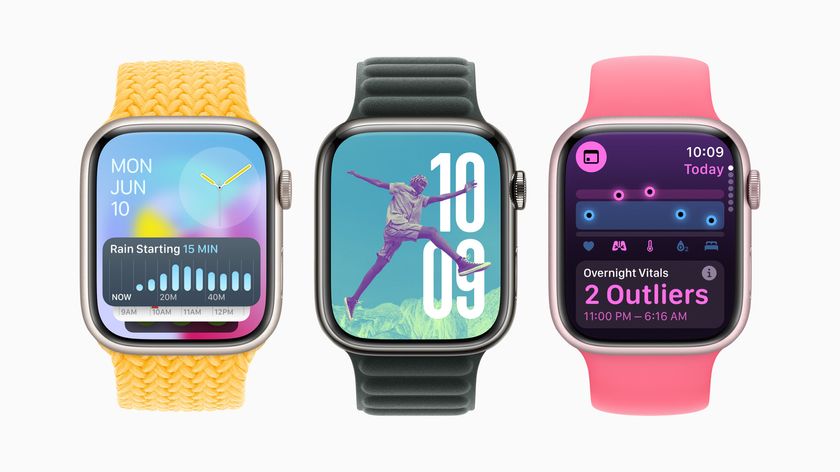6-year-old racks up a $16,000 in-app purchase bill. Parent blames Apple.
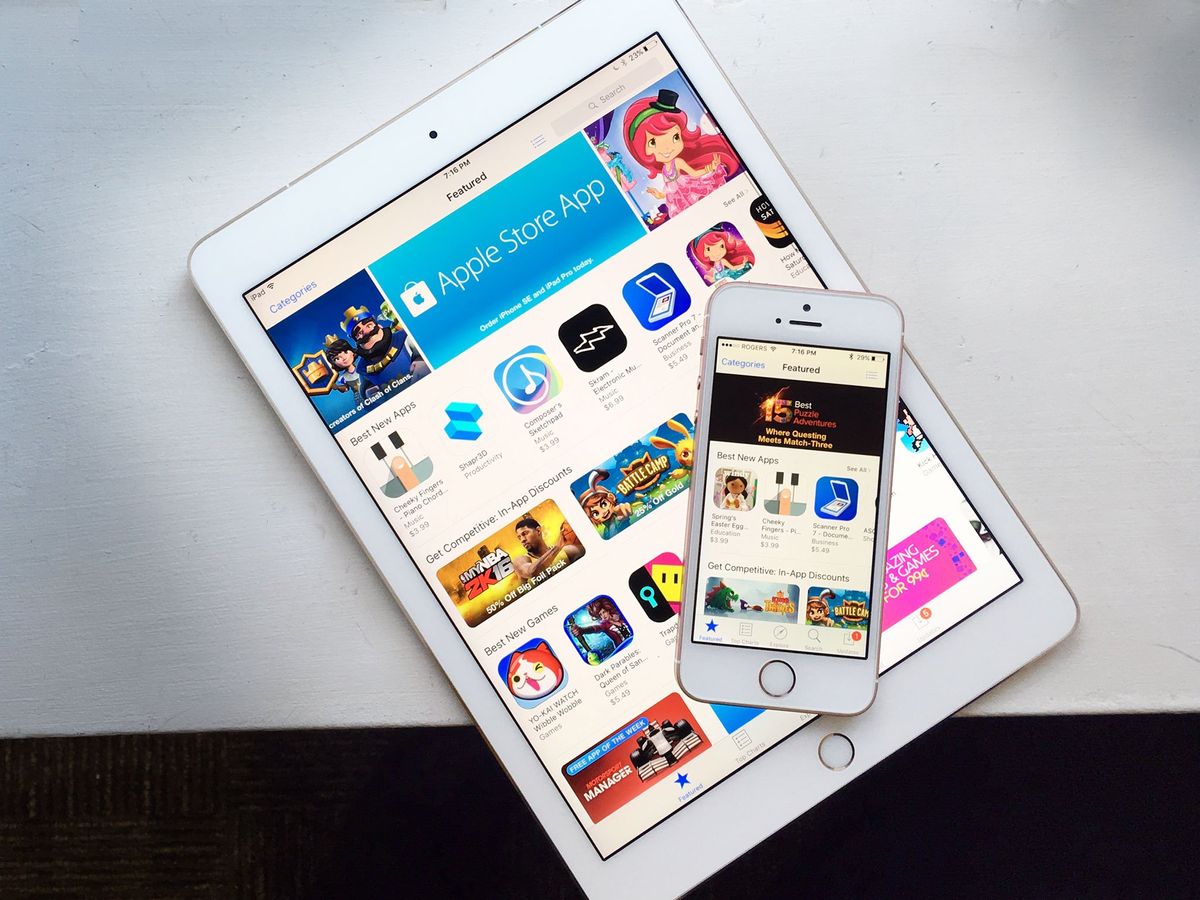
What you need to know
- A 6-year-old went to town ordering in-app purchases for Sonic Forces, spending more than $16,000.
- The child's mother admits that there were no parental controls in place, but still believes the fault is with Apple.
A Wilton., Conn. mother has found herself lumbered with a bill for more than $16,000 after her six-year-old son went on a spending spree in the App Store. He bought numerous in-app purchases related to the Sonic Forces game, all seemingly without having to enter any passwords or other credentials.
According to a New York Post report, George Johnson was merrily buying rings via the App Store without his mother knowing. She was only tipped off when she began spotting charges on her Chase card.
When Jessica discovered Apple and PayPal were withdrawing hefty sums — $562 here, $601 there — from her Chase account, she assumed it was a mistake or fraud and called the bank, confused by the unitemized charges. "The way the charges get bundled made it almost impossible [to figure out that] they were from a game," she said.
Once Chase had conducted an investigation and concluded that the charges were genuine, the mother called Apple to find out what was going on. After looking through her itemized App Store billing, Sonic Forces – and the boy – were discovered to be the culprit.
Apple, the report says, weren't very sympathetic.
"[Apple] said, 'Tough.' They told me that, because I didn't call within 60 days of the charges, that they can't do anything," said Jessica. "The reason I didn't call within 60 days is because Chase told me it was likely fraud — that PayPal and Apple.com are top fraud charges."Jessica got no sympathy from a customer-service agent, even after confessing that she wouldn't be able to pay her family's mortgage. "They're like, 'There's a setting, you should have known,' " she recalled.
Quite how all of this happened – and over a period of months – isn't explained in the original report. But I suspect that the iPad wasn't set up to ask for authentication on purchases and the results are pretty obvious. Apple has numerous ways to prevent this from happening, but none were in-place here.
The mother's parting shot puts the blame firmly at the feet of Apple.
Her advice to other parents: "Check your security settings. I'm appalled that this is even possible in these games and that Apple devices are not pre-set to prevent this."
As a side note, I'm pretty sure the App Store asks for a password for in-app purchases by default.
Master your iPhone in minutes
iMore offers spot-on advice and guidance from our team of experts, with decades of Apple device experience to lean on. Learn more with iMore!

Oliver Haslam has written about Apple and the wider technology business for more than a decade with bylines on How-To Geek, PC Mag, iDownloadBlog, and many more. He has also been published in print for Macworld, including cover stories. At iMore, Oliver is involved in daily news coverage and, not being short of opinions, has been known to 'explain' those thoughts in more detail, too. Having grown up using PCs and spending far too much money on graphics card and flashy RAM, Oliver switched to the Mac with a G5 iMac and hasn't looked back. Since then he's seen the growth of the smartphone world, backed by iPhone, and new product categories come and go. Current expertise includes iOS, macOS, streaming services, and pretty much anything that has a battery or plugs into a wall. Oliver also covers mobile gaming for iMore, with Apple Arcade a particular focus. He's been gaming since the Atari 2600 days and still struggles to comprehend the fact he can play console quality titles on his pocket computer.
